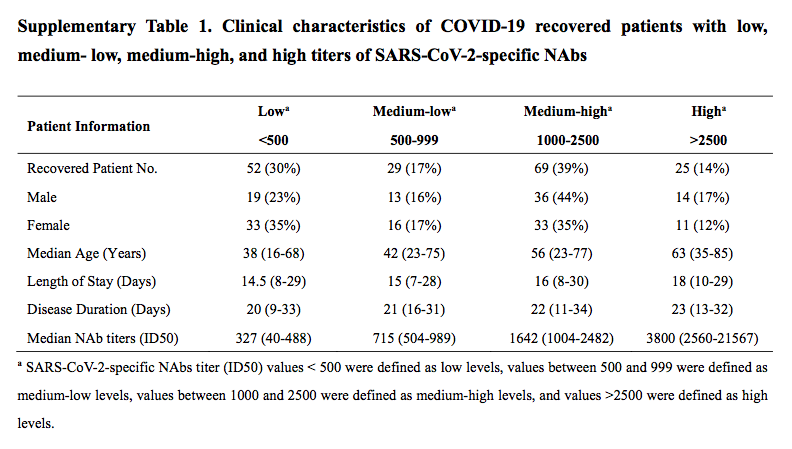Bloomberg - Are you a robot?
Reactivation casts doubt on whether acquired immunity can be relied on. This does not look good for the herd immunity enthusiasts. There is still much that needs to be learned about the longer term behavior of Covid19.
There's simply not enough data in that report to conclude much of anything. Most critical would be whether "reinfection" is taking place within a one-month window from the first positive PCR test. A lot of ID and Immunology folks believe that open quotes reinfection close quotes is actually simply fluctuations at the tail end of the process and not reinfection but actually failure to terminate the infection in the first place. The other thing worth remembering is that if IGG antibodies are mature and at an adequate level it would be literally a one-off case of an illness in which that did not confer significant protection. This of course applies mainly to viruses that do not mutate quickly and covid-19 appears to be in that group.
The other issue of course is whether reinfection takes place in the context of immunocompromise from steroids, antibiotics, or severe sleep deprivation or other known immunosuppressive issues, and again we know that in this context immune surveillance and rapid ramp-up of the Adaptive branch of the immune system can be impaired, in the context of defective recognition of re-presentation of a pathogen. In other words immunosuppressed people can show sluggish or perhaps even defective ramp-up of a defense against pathogen that is recognized and properly 'coded' in immune memory by T cells and antibodies. We see this repeatedly in older folks where there's a reappearance of shingles after administration of antibiotics, infection with another pathogen, or other challenges in vulnerable and more elderly cohorts.
Short form of a long story is I really don't think we have any solid evidence to believe that reinfection is going to be a significant threat inside of six months anyway. We don't know that for sure, but again, based on similar diseases, and again assuming that there is adequate IGG for the pathogen, I think we have to assume the more optimistic position holds true (essentially as the 'default' position) until proven otherwise.
Last edited:




